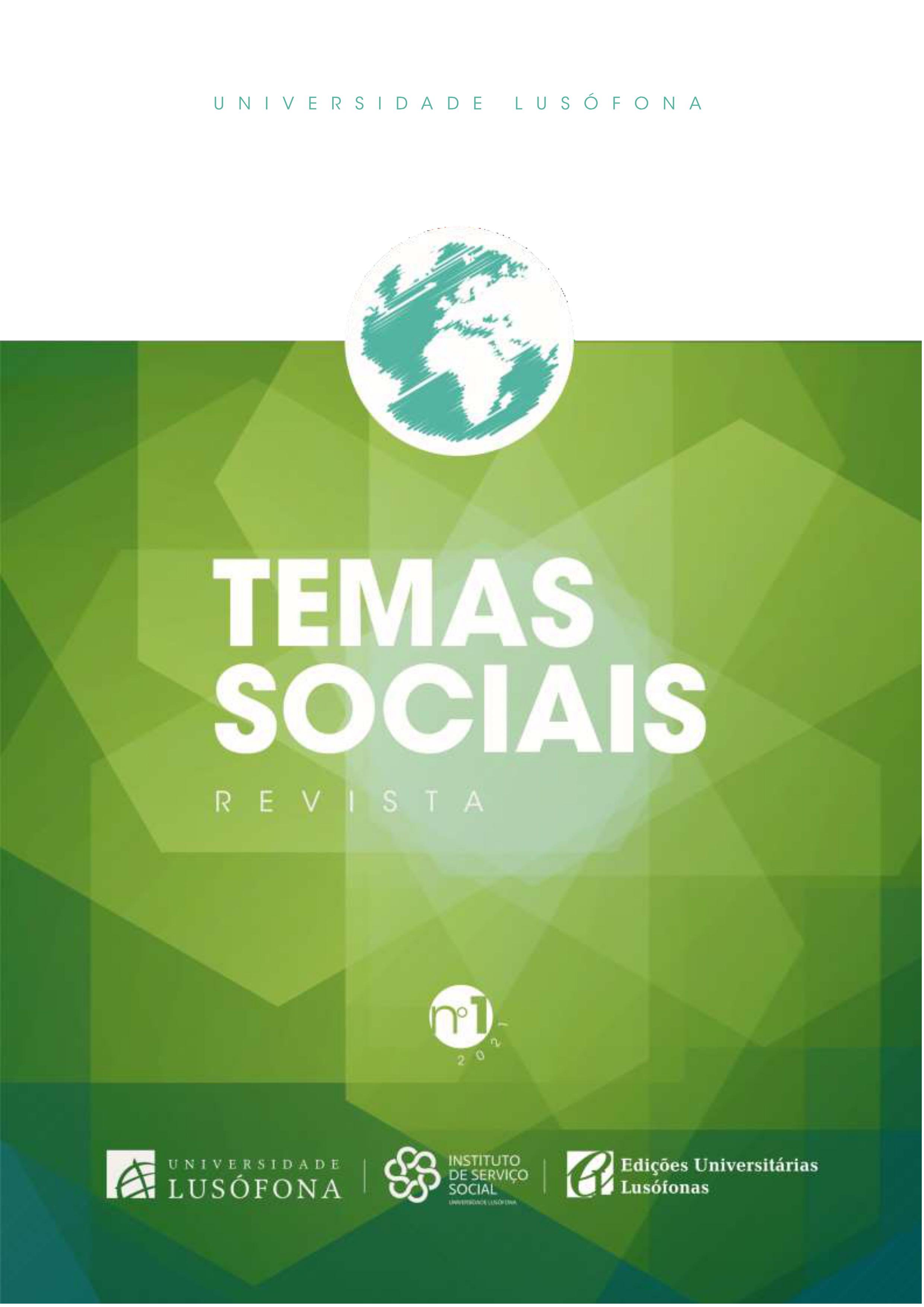The intervention of social work in the postponement of the elderly discharge from the emergency service. The case of São José hospital
https://doi.org/10.53809/2021-01-TS-n.1-170-187
Abstract
This article aims to analyze the management process of postponement of discharge of elderly patients, in the emergency service of São José Hospital, carried out by the social service team. A methodological triangulation supported in the consultation and analysis of social processes, interviews with the multidisciplinary team and documentary analysis was carried out. The objectives were centered on the definition of the user’s profile, reasons for postponement, post-discharge destination and difficulties inherent to the activity of the emergency service. Stands out as main results most patients are female, aged 81-85, with reasons for delaying mainly due to inability / unavailability of the informal support network and insufficiency / delay in the formal social response. The management of the discharge delay of the elderly is carried out by the multidisciplinary team, highlighting in this context the mediating role of the social worker in this process.
Downloads
Open Access Policy:
The Journal facilitates free, open and immediate access to its contents to foster the exchange of knowledge at a global level.
By submitting their work, the author(s) authorise the publication and dissemination of their work and are responsible for its content.
Code of Ethics:
The Journal is a digital tool that enables the dissemination of knowledge in a globalised society where technology, communication and information occupy a prominent place. The publication promotes equal opportunities facilitated by knowledge. To this end, the Journal is committed to the content it publishes, adopting a code of ethics based on the following principles:
1. The texts received must be original, by the author(s) alone and unpublished, i.e. they must not have been previously published, broadcast or sent to another publication.
2. Authors are responsible for requesting any authorisations necessary to publish their texts, with the respective reference to the sources consulted.
3. That organisation must authorise work funded by an organisation to disseminate the results.
4. the plagiarism detection tool in force will review all work received at Universidade Lusófona - Centro Universitário de Lisboa.
5. The articles received will be evaluated by two experts in the field, guaranteeing the anonymity of the author(s) and the evaluators.
6. Papers involving people as the research subject must obtain informed consent from all of them, with strict respect for the confidentiality of personal data and, if necessary, the decision of the Ethics Committee.
7. The list of authors should only include those who contributed intellectually to the work, i.e., who designed and carried out the research, wrote up and analysed the results and approved the final version of the text.



